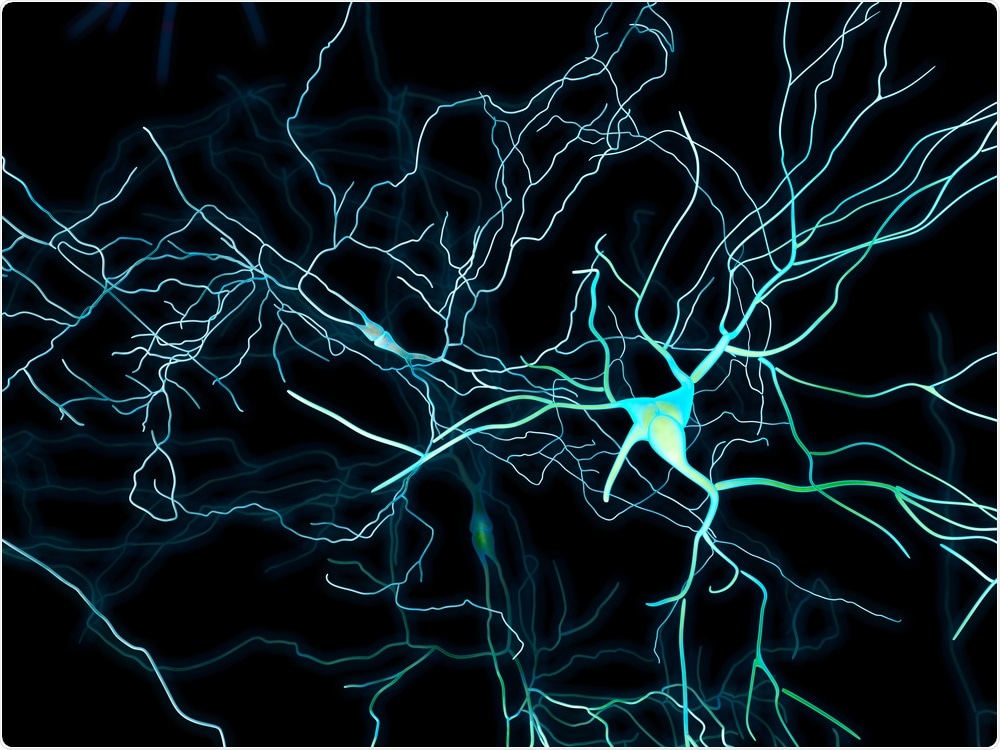Researchers at Stevens Institute of Technology have developed a model demonstrating how the toxic proteins involved in neurodegenerative diseases such as Alzheimer’s are transported through the brain.
 Image Credit: Naeblys / Shutterstock
Image Credit: Naeblys / Shutterstock
The model reproduces the tell-tale patterns of atrophy associated with such conditions and could pave the way for expanding researchers understanding of how these diseases work.
Professor of mechanical engineering, Johannes Weickenmeier had previously engineered a way to build a digital brain using 3D software to imitate the highly folded and curved structure of the brain.
"It's an art form. To reconstruct all those individual folds is pretty difficult," he says.
He overlaid the model with data obtained using a technique called diffusion tensor imaging.
This not only captured the anatomical features of the brain but made it possible to observe the flow of electrochemical signals.
As reported in the journal Physical Review Letters, Weickenmeier and colleagues modeled the spread of toxic proteins using equations that are similar to the ones used to simulate the diffusion of heat through materials.
This enabled them to reproduce the tell-tale patterns of the atrophy seen in neurodegenerative diseases, simply by altering the starting points of toxic proteins associated with the conditions.
"These patterns of atrophy emerged inherently from our system," says Weickenmeier.
The starting points of the toxic proteins are in different places for different neurodegenerative diseases, he explains.
The spread of the proteins and therefore the symptoms people develop is dictated by which connective pathways are available.
More refined models could one day lead to a faster diagnosis or help researchers develop new treatments.
Neuroimaging experts are busy further developing imaging techniques that enable them to visualize the diseases.
More refined simulations could one day speed up diagnosis by predicting symptoms or help researchers develop new treatments.
Once we have those, we'll be able to calibrate our models to make accurate patient-specific predictions in the future. They allow us to strategically run different simulations to test individual hypotheses of disease progression and see which new approaches seem promising."
Johannes Weickenmeier, Lead Researcher